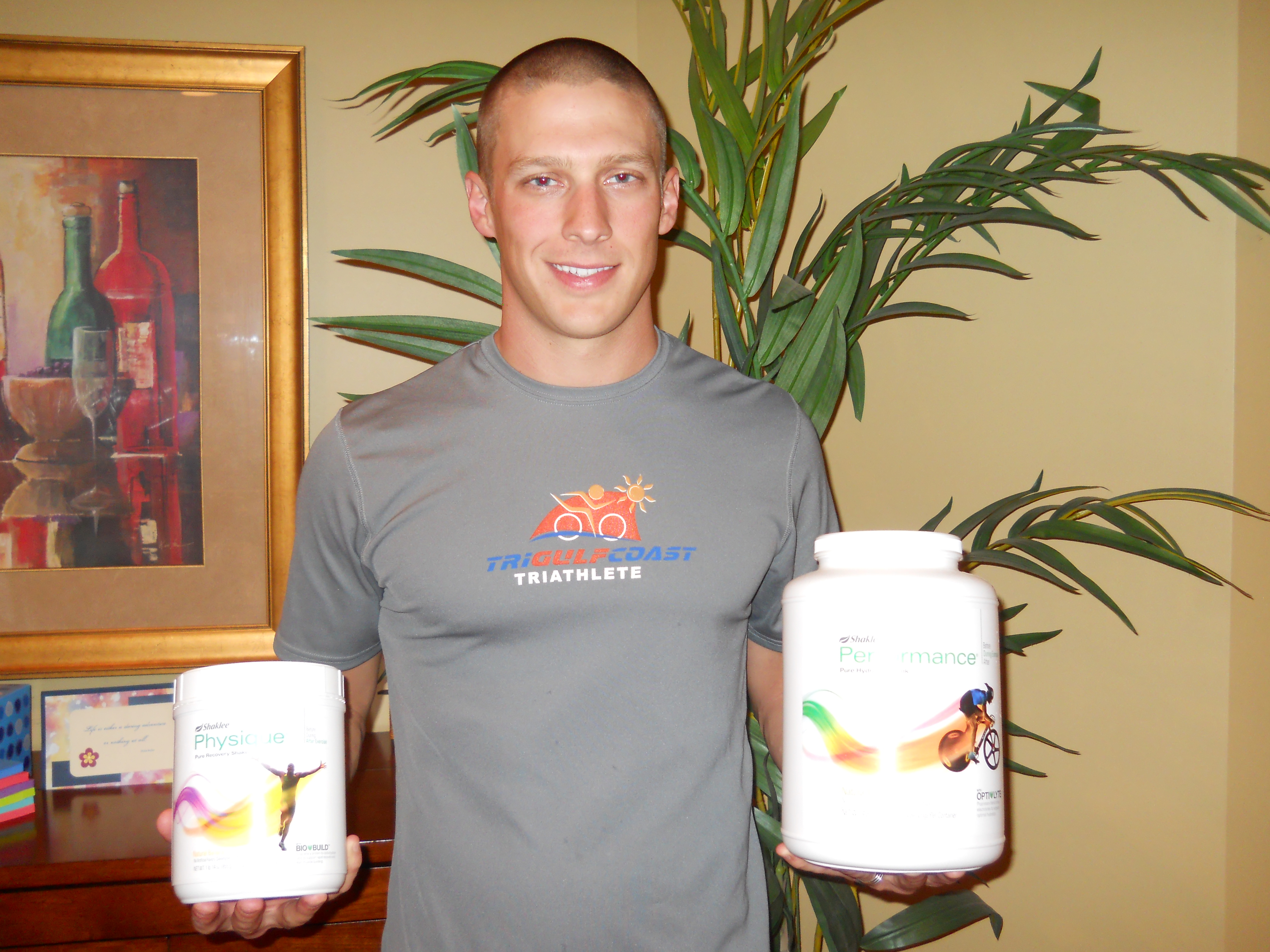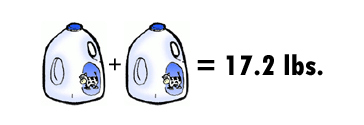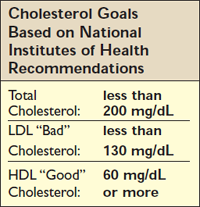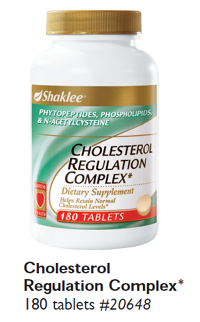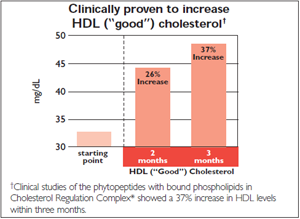The average American today gets about 21% of their from beverages, consuming about 150 to 300 more calories than 30 years ago. Half of this intake comes from soft drinks and juice drinks. Why?….portions are bigger, and the percentage of people consuming these beverages has gone up.
You are what you drink
There is a connection with soda and juice drinks and obesity, as well as any beverages with calories. There are groups of adults who have tripled their daily intake of alcoholic beverages.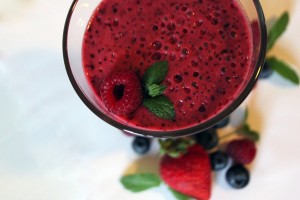
The average American today gets about 21% of their from beverages, consuming about 150 to 300 more calories than 30 years ago. Half of this intake comes from soft drinks and juice drinks. Why?….portions are bigger, and the percentage of people consuming these beverages has gone up.
There is a connection with soda and juice drinks and obesity, as well as any beverages with calories. You are what you drink! There are groups of adults who have tripled their daily intake of alcoholic beverages, and other adults who have started having a smoothie a day. Studies show that weight gain occurs when you shift from noncaloric beverages to calorically sweetened ones. If you drink a beverage, whether it is a soda, alcoholic beverage or juice, you do not compensate by eating less food later.
Beverages are less satiating than solid foods. When you consume calories from beverages, you do not necessarily compensate by eating less food later. Calories that come from liquid do not register with our appetite controls. In fact many individuals eat even more calories than they normally would when they have an alcoholic beverage before a meal. Why?…alcohol lowers a persons inhibitions, as well as sets up a fall in blood sugar, which causes a person to want to more.
Water is really all we need to drink for a healthy balanced diet. The best solution to knowing that you are what you drink. Water does several things for our bodies. First it quenches our thirst, second it helps to eliminate the high amounts of sodium found in our foods today, and third it helps our elimination system work more effectively. Though an occasional alcoholic drink, fruit juice, soda or cup of coffee is ok, it is important for us to get back to basics and eat and drink in moderation to live healthier lives.
What should we drink? Below are recommendations made by Nutritionists for a balanced diet.
6 to 8 servings of water daily.
2 servings of unsweetened coffee or tea a day
2 servings of milk a day
No more than 4 diet drinks a day
Either one alcoholic, sports drink, or100% fruit juice a day
One soda a day
Does this make sense that you are what you drink?
For a complete healthy nutritionally-balanced program, check out what I use at: http://bit.ly/1bpVtzV



